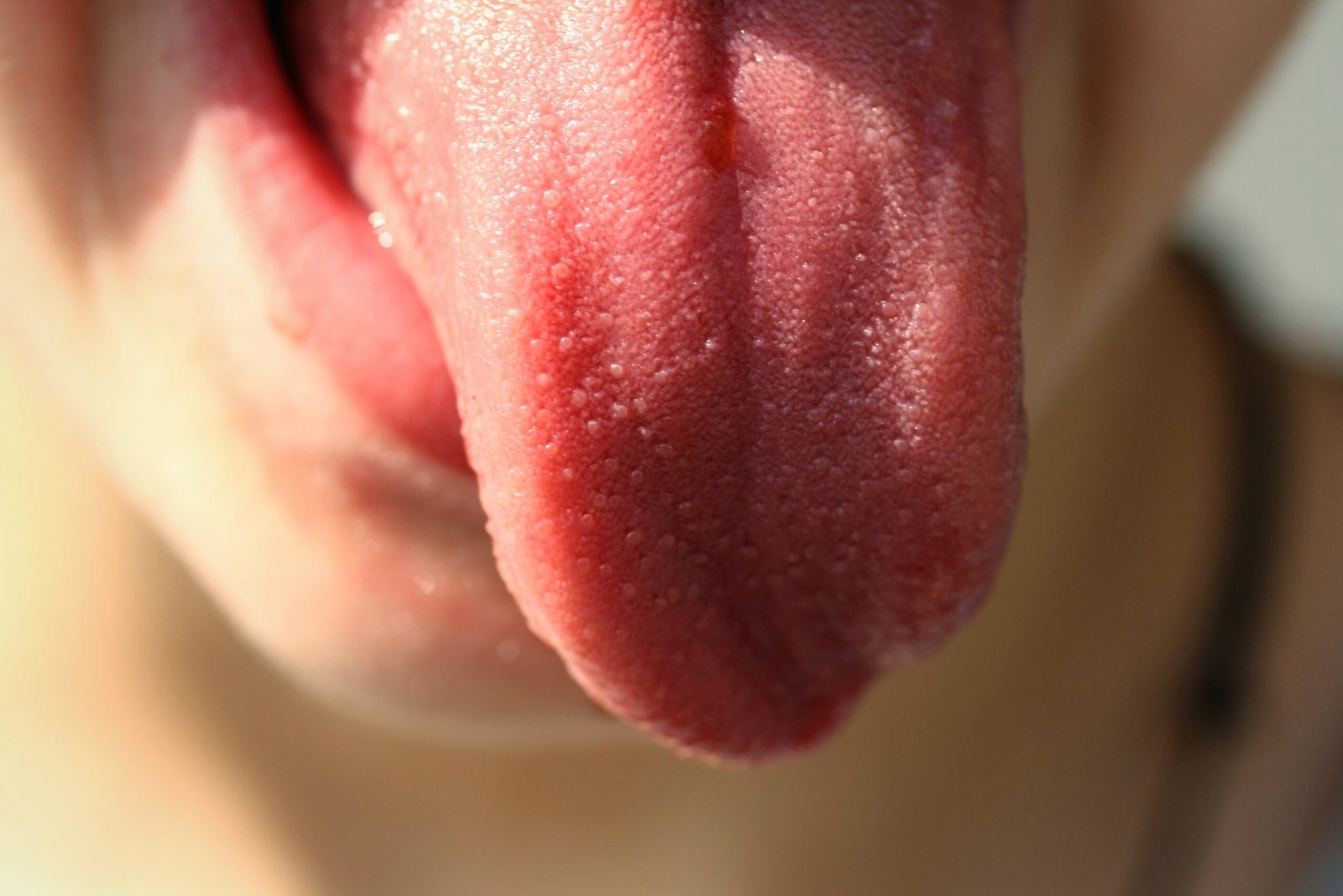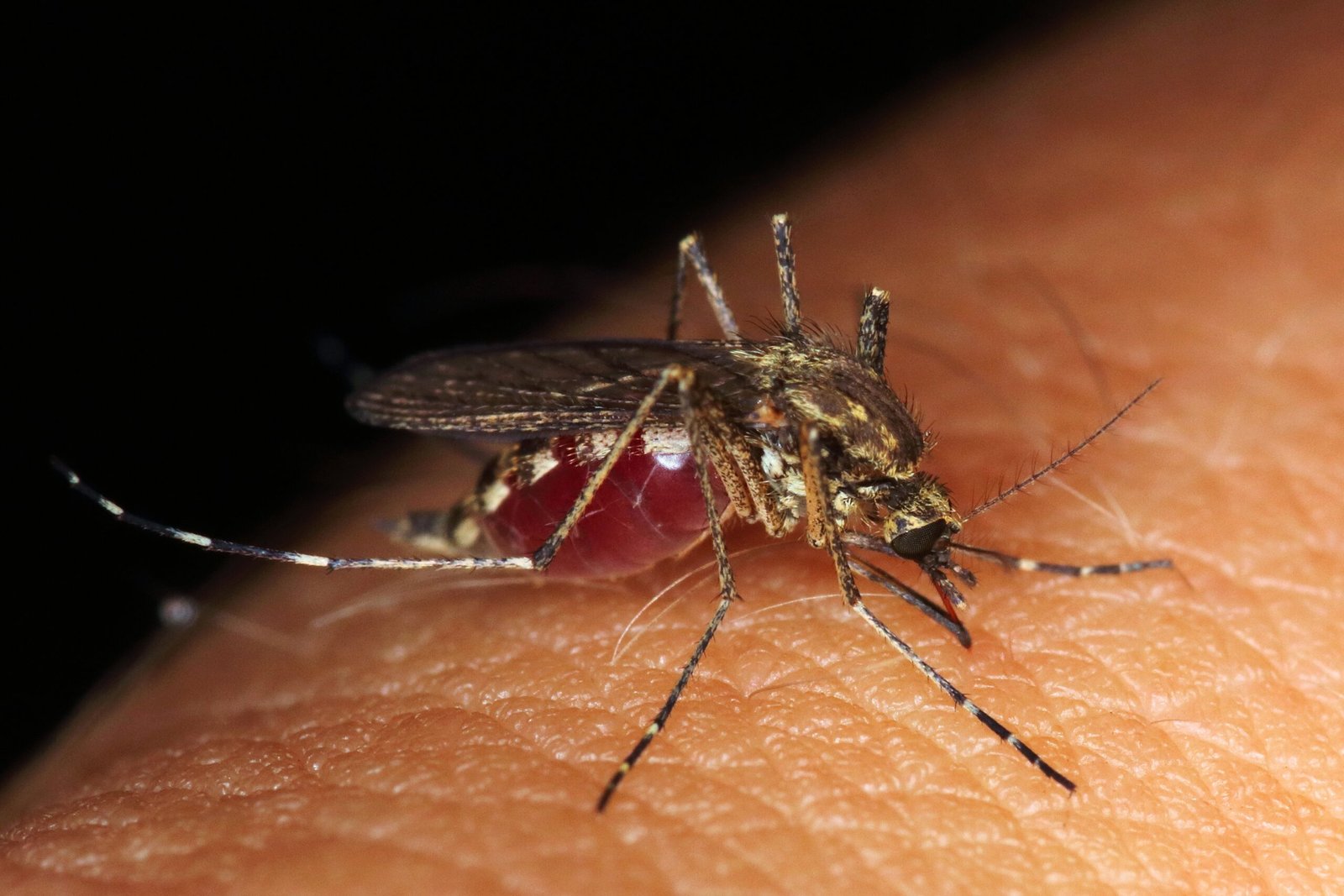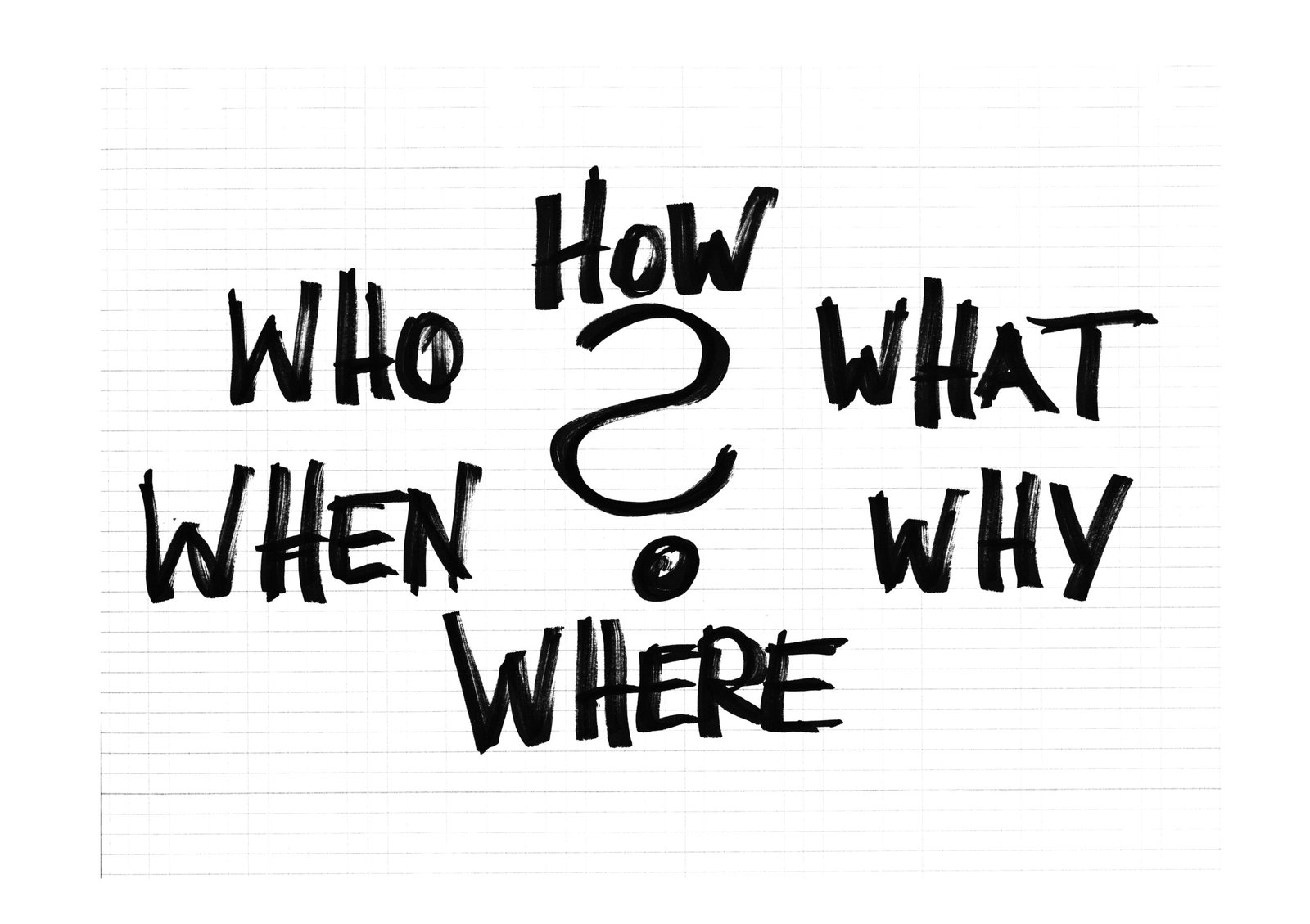Your tongue may be silently trying to tell you something about your health. Discover what color, coating, texture, or bumps on your tongue could reveal about your digestion, hydration, and even disease.
What Your Tongue Can Reveal About Your Health
Stuck your tongue out lately?
No, not for a selfie but to actually look at it?
That small pink muscle in your mouth may be one of the most underestimated diagnostic tools your body has.
Doctors across cultures from Western medicine to ancient Chinese healing have long used the tongue as a mirror of internal health.
So before you brush it off (literally), here is how your tongue could be revealing hidden clues about your hydration, nutrition, immune function, or even disease.
Why Your Tongue Is a Health Barometer
Your tongue is a muscular organ covered in thousands of papillae (tiny bumps) and taste buds.
It also has a rich blood supply, and its surface reflects changes in your:
Circulation
Digestive health
Immune response
Nutritional status
Hormonal balance
Subtle changes in color, texture, coating, or shape can be your body’s early warning system.
Let us decode the signs:
1. Red or Bright Red Tongue
What it may mean:
Vitamin deficiencies, especially B12, folic acid, or iron
Fever or infection
Geographic tongue (harmless but irregular patches)
If your tongue feels smooth and red, it might signal anemia or inflammation.
2. Pale or White Tongue
What it may mean:
Anemia or poor circulation
Dehydration
Oral thrush (a yeast infection, especially if the white coating is thick)
Cold or weakened immune system (in Traditional Chinese Medicine)
Tip: Increase water intake and check iron levels if persistent.
3. Yellow Coating
What it may mean:
Digestive imbalance
Excess bacteria buildup
Liver or gallbladder issues
Smoking or poor oral hygiene
A yellow film is often related to microbial overgrowth or internal “heat” conditions in Eastern medicine.
4. Black or Brown Tongue
What it may mean:
Poor oral hygiene
Use of antibiotics or certain medications
Smoking or chewing tobacco
Overgrowth of bacteria or fungi (aka “black hairy tongue”)
Although alarming, it is often harmless and fixable with better oral care and diet adjustments.


5. Bumps, Sores, or Ulcers
What it may mean:
Canker sores or viral infections
Stress, food sensitivities, or hormonal shifts
In rare cases: oral cancer (if bumps don’t heal in 2+ weeks)
Recurrent or painful sores deserve medical attention.
6. Thick White Coating
What it may mean:
Candida (oral thrush)
Poor digestion or toxin buildup
Chronic dehydration
Try gently brushing your tongue and drinking more water if it persists, consult a doctor.
7. Scalloped Edges or Teeth Marks
What it may mean:
Water retention
Sleep apnea or tongue swelling
Jaw clenching (bruxism)
In TCM: spleen qi deficiency (fatigue, bloating)
Look in the mirror do the sides of your tongue look “wavy”? That is scalloping, and it might signal underlying tension or inflammation.
8. Smooth or Shiny Tongue
What it may mean:
Nutritional deficiencies (B-complex vitamins, iron)
Hormonal changes
Autoimmune conditions
A smooth tongue may appear healthy, but if it’s sore or tender, something deeper might be going on.
When to See a Doctor
Consult a professional if you notice:
Persistent pain or color changes
Bumps or ulcers that last more than 2 weeks
Bleeding without injury
Thick coatings that don’t go away
A sudden change in taste or texture
The Tongue in Traditional Medicine
In Ayurveda and Traditional Chinese Medicine (TCM), the tongue is a map of the organs.
For example:
| Tongue Area | Linked Organ (TCM) |
|---|---|
| Tip | Heart & lungs |
| Sides | Liver & gallbladder |
| Center | Stomach & spleen |
| Back | Kidneys & intestines |
Practitioners use tongue observation for early disease detection, especially when lab tests are inaccessible.
Did You Know?
Your tongue can regenerate taste buds every 10–14 days
Dehydration is one of the top causes of a coated tongue
Over 700 different bacterial species can live in your mouth
Oral signs often appear before systemic illness becomes obvious
The Takeaway
Your tongue is more than a taste tester it is a health indicator.
From nutrient deficiencies to infections and immune imbalance, it may be quietly pointing you toward what your body needs before symptoms even show up.
So the next time you brush your teeth, take an extra second to check your tongue.
It might just be the health checkup you didn’t know you needed.














